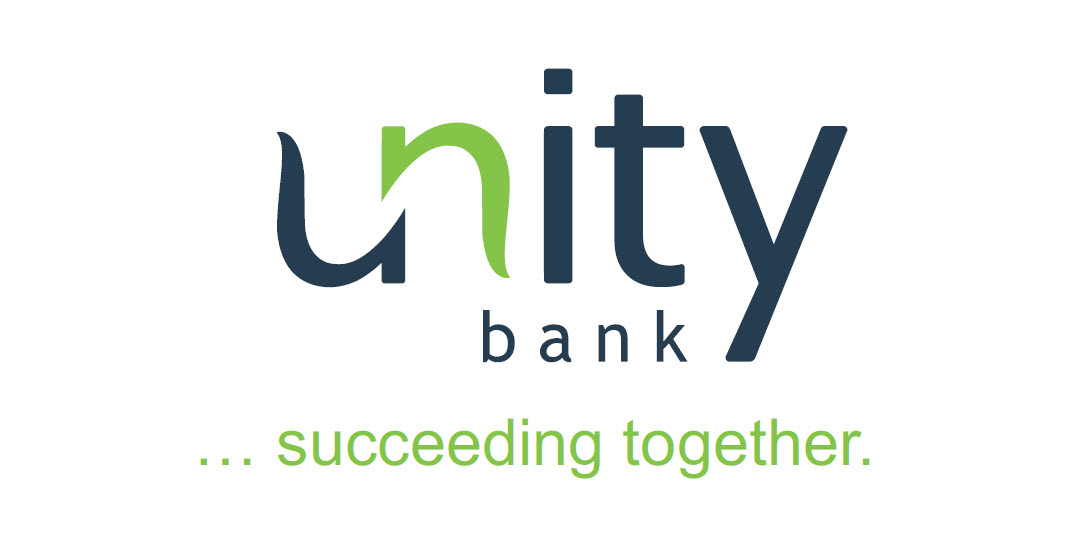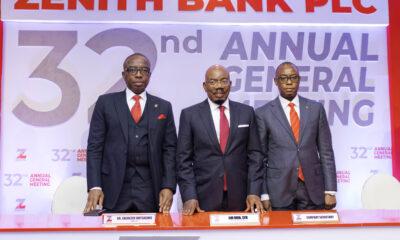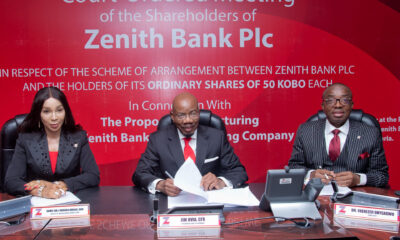Nigeria’s retail lender Unity Bank Plc has posted a Profit Before Tax of N1.1 billion for its full-year results that ended Dec 2022, even as its gross earnings rose by 13.1% to N57 billion from N50.2 billion in the corresponding period of 2021.
The Bank in its audited full-year financial statement submitted to the Nigeria Exchange Group Limited recorded growth in key performance indicators as reflected in the interest income, loans and advances to customers, customer deposits, and profits.
A major highlight of the financial year is the growth in total comprehensive income, which rose by 262.1% to N1.2 billion from N744 million in the corresponding period of 2021. The Bank grew Profit Before Tax (PBT) by N1.1 billion, while Profit After Tax stood at N941.4 million.
With the loan book sustaining an expansion by 7.5% to N289.4 billion from N269.3 billion within the period under review, the interest and similar income consequently witnessed significant growth rising 7.5% to close at N48.9 billion compared to N43.2 billion in the corresponding period of 2021.
Similarly, income from fees and commissions recorded significant growth, rising by 25.7% to N7.68 billion from N6.1 billion within the period under review.
More so, deposits from customers saw marginal growth, increasing by 1.6% to N327.4 billion from N322.2 billion in the corresponding period of 2021 as the Bank pushes for deeper penetration of its retail footprint with the rollout of products targeting different segments of the market.
Meanwhile, the Bank also released its unaudited financials for Q1, 2023, in which it sustained improved performance, posting a 21% growth in Profit After Tax, PAT to N1.04 billion from N869.2 million in the corresponding period of 2022. Its gross earnings for the quarter also rose by 17% to N15.9 billion compared to N13.6 billion in the corresponding period of 2022.
Commenting on the financial statements, the Managing Director/CEO of Unity Bank Plc, Mrs. Tomi Somefun noted that the Bank’s focus on building back momentum continues to reflect in the key performance indicators despite economic headwinds and volatilities that characterized the operating environment in the 2022 financial year.
“There are highs and lows as we look at the gross earnings, with 13.7% growth, increase in liquid assets by 7.5% and deposits recording moderate growth of 1.6%, while maintaining steady growth in profitability”, she stated.
“Overall, the financial statement thus threw up both strong and less optimal points which inform the outlook for our business”, she further stated.
She reassures that going into the new financial year, the Bank will remain laser-focused on our strategic choices and key growth drivers to push all the indices and elevate growth to double-digit territory. “The performance posted for Q1’23 in terms of the PBT, gross earnings, and other key indicators are strong reinforcement of adequate measures being adopted and a testament of our resolve to sustain and equally improve upon the fundamental initiatives adopted to strengthen growth throughout the course of the financial year”, Mrs. Somefun stated.
She further said: “Since late 2022, the Bank has begun significant investment in technology and innovation in line with its strategic pursuits to win in the retail space with our focus on digital and lifestyle banking, dynamic product development, and accelerated onboarding. As part of our transformation journey, we will double down on these investments in the coming months in order to achieve our aspirations of (1) significantly reducing customer pain points and simplifying customer experience; (2) increasing the rate of customer acquisition; (3) expanding the frontiers of partnerships; and (4) ultimately developing new and sustainable income lines for the Bank.”
According to her, the Bank will further give attention to fast-paced process automation, cost and resource efficiency, targeted value chain relationships, and brand visibility as it expands the range of products and services to meet the evolving needs of its esteemed customers.
Analysts are of the view that the growing retail footprint driving the repositioning strategy of the Bank aligns with the market expectations, which is also reflected in the increasing uptake of the Bank’s offering.


 Naira4 weeks ago
Naira4 weeks ago
 Naira4 weeks ago
Naira4 weeks ago
 Travel4 weeks ago
Travel4 weeks ago
 Jobs4 weeks ago
Jobs4 weeks ago
 Naira4 weeks ago
Naira4 weeks ago
 Naira3 weeks ago
Naira3 weeks ago
 Investment4 weeks ago
Investment4 weeks ago
 Travel4 weeks ago
Travel4 weeks ago



























